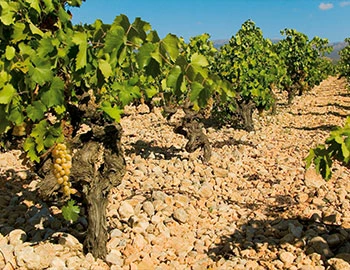Verdejo Quivira 2023
DO Rueda, Bodega Hermanos del Villar, 750 ml

| Grape variety: | Verdejo |
| Producer: | Bodega Hermanos del Villar, S.L. |
| Origin: | Spain / Castilla y León / Rueda |
| Other vintages: |
Description
A shining Spaniard
They call him the «Verdejo whisperer»: What Pablo del Villar gets out of this autochthonous (local) grape is unrivalled in Spain. If necessary, he even harvests the grapes at night so that they retain their freshness. This highly flavoured white proves him right.
Apricot, quince, citrus, exotic fruit. On the palate, full of juice and melting, passion fruit paired with a hint of aniseed, the acidity really shines!
Green asparagus, gazpacho, spring salads, young vegetables and fragrant herbs – Verdejo boosts their flavours. And: great with tapas.
Spring in a glass
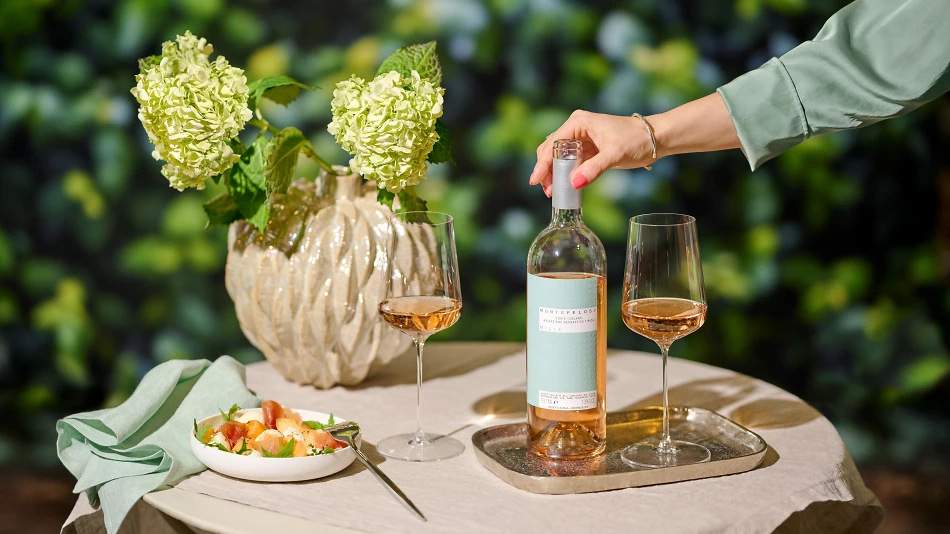
Discover our «Spring by the glass»: these are refreshing drops that perfectly match the season at reduced prices, valid until 30 April 2025.
Attributes
| Origin: | Spain / Castilla y León / Rueda |
| Grape variety: | Verdejo |
| Label: | Vegan |
| Ripening potential: | 1 to 4 years |
| Drinking temperature: | 10 to 12 °C |
| Food Pairing: | Italian antipasti, Grilled fish, Moules à la marinière, Seafood salad |
| Vinification: | soft pressing, short must fermentation, fermentation in steel tank |
| Harvest: | hand-picking |
| Maturation: | in steel tank, bâtonnage |
| Bottling: | filtration |
| Volume: | 13.0 % |
| Note: | Contains sulphites |
Verdejo
Spain’s top white
And yet, the country has few top white wines to offer. The northern Spanish region of Ruede produces one of the few exceptions. There, the highly aromatic Verdejo grape makes it home. According to lore, it was introduced in the 11th century by Mozarabs. These were the Christian inhabitants of southern Spain who, during Moorish rule, migrated to the free North. The potential of the Verdejo grape was only recognized in the 1970s. Before, it was mainly processed into intensified sweet wines – a shame as, in its dry version, it yields truly top wines. They are stout and full-bodied, with hefty acidity and expressive fruit and herbal notes. They often end on a hint of almond or nut.
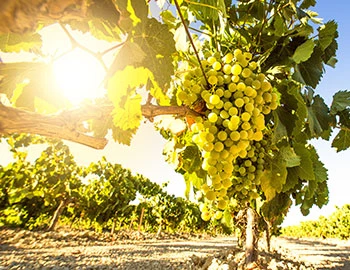
Rueda
Rueda: Everybody’s Darling
The crisp, fruity white wines from Rueda have become an export hit, and there is no end to this success story in sight. These primarily fruity white wines, matured in stainless steel tanks, come on the market just five months after harvest. The Rueda boom is based almost entirely on Verdejo, a variety long-established here. But the Sauvignon Blanc wines impress as well, with aromas typical of the variety and crisp freshness intrinsic to all Rueda wines.
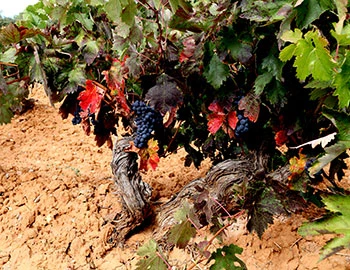
Castilla y León
Castile and León: Increasing diversity
Only 30 years ago, the autonomous region of Castile and León was an almost blank spot on the European wine list. This has changed immensely thanks to three grape varieties. The Tempranillo variety yields feisty, strong wines in Ribera del Duero and Toro. And Bierzo, the small wine area in the region's northwest, has experienced an impressive ascent, thanks to the character-laden Mencia variety. Finally, the fresh and fruity Verdelho pressings from Rueda have become the most successful Spanish white wines.
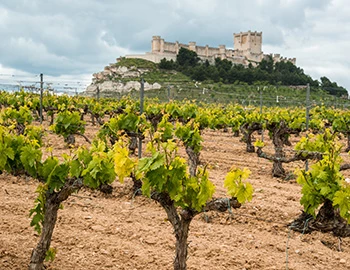
Spain
Spain – Variety and perfection
“Somewhere in la Mancha, in a place whose name I do not care to remember...,” begins Don Quixote's odyssey.
The most famous part is definitely when Don Quixote thinks windmills are his enemy and wants to fight them – until they nearly kill him. It’s possible there was a bit too much of the La Mancha wine at play. Spanish vines fight for their survival in rugged landscapes, battling fierce drought and rough soils. But they fight well.
